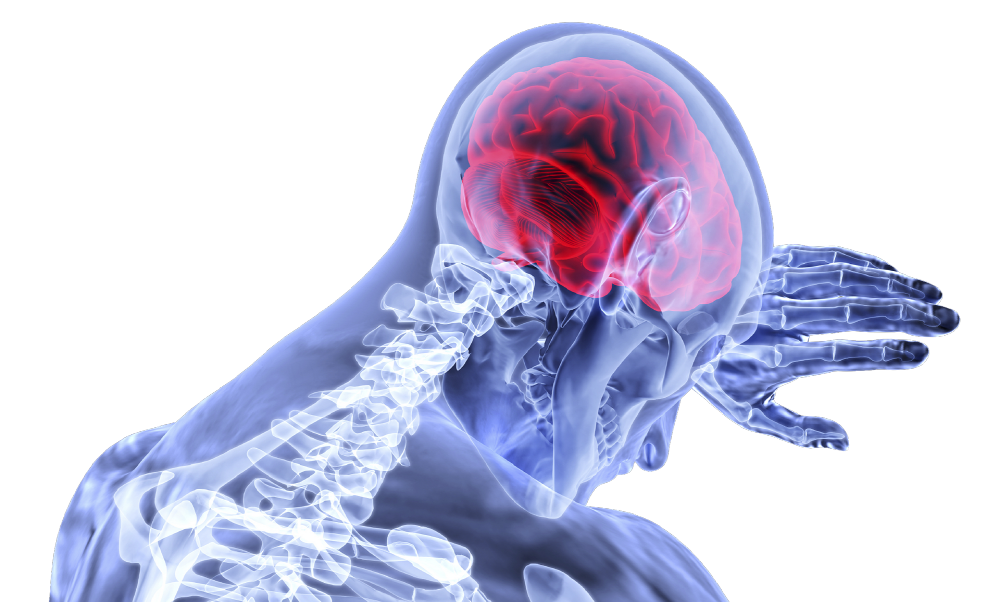
Past research has found that when the brain is stressed, it needs 12% more glucose than usual. How many calories will be consumed if we overwork the brain, which uses glucose as the only energy source.
In the 1984 World Chess Champion title match, then Soviet knight Anatoly Karpov suddenly stopped playing due to weakness. His weight lost more than 10kg during the competition. In the end, the organizers said that they decided that a large country could endanger life any longer. It is said that an average of 6,000 calories a day is consumed by a professional chess player playing a game. It is three times that of ordinary people, and is comparable to professional athletes who exercise.
Adult brain weight is about 1,350-1,500g for men and 1,200-1,250g for women. It is only about 2% of the average weight. On the other hand, the brain consumes 350 to 450 calories a day in the form of glucose. This accounts for 20-25% of the body’s basic calories. This ratio is even greater for children who have not developed their body. In children aged 5-6, 60% of calories are caused by the brain.
This trend is not specific to humans. Like humans, small mammals the size of a pygmy marmoset and a squirrel, which are 11 to 15 cm long, are said to have a high ratio of calories consumed by the brain to the total calories consumed. Doug Boyer, an evolutionary anthropologist at Duke University, speculates that a larger brain size to body size also increases the calories burned.
He also explains that most of the energy delivered to the brain is used for synaptic inflammation in nerve cells, and that this process is constantly being done to control organ-specific functions even while humans sleep. It is pointed out that the brain is consuming a lot of calories even while doing nothing.
What would happen if the brain, which consumes large amounts of calories even when still, is fully operational. Experts say calories don’t change that much. People say that the space to solve something new and learn a new task in the brain consumes a lot of calories, but this is nothing more than a change in energy distribution by increasing blood flow by the brain writing to this area. He says the total amount of energy done is hardly different.
It is said that most of the brain’s functions are performed unconsciously, without our awareness. Conscious activities, such as learning something new and thinking about things, and brain calories are not related. In the case of the chess champion mentioned at the beginning, the weight was reduced by consuming large amounts of calories. According to the research team, while playing chess, Karpov’s breathing was three times faster than usual and his muscles contracted, raising blood pressure. It is presumed that this physical tension increased calories consumed, reduced the amount of meals due to mental pressure, and added irregular eating habits during the competition period, leading to his weight loss.
Based on the results of these studies, professional chess players in recent years have introduced physical training or jogging into their lifestyle habits and are also striving to improve their physical strength. Related information can be found here .


















Add comment